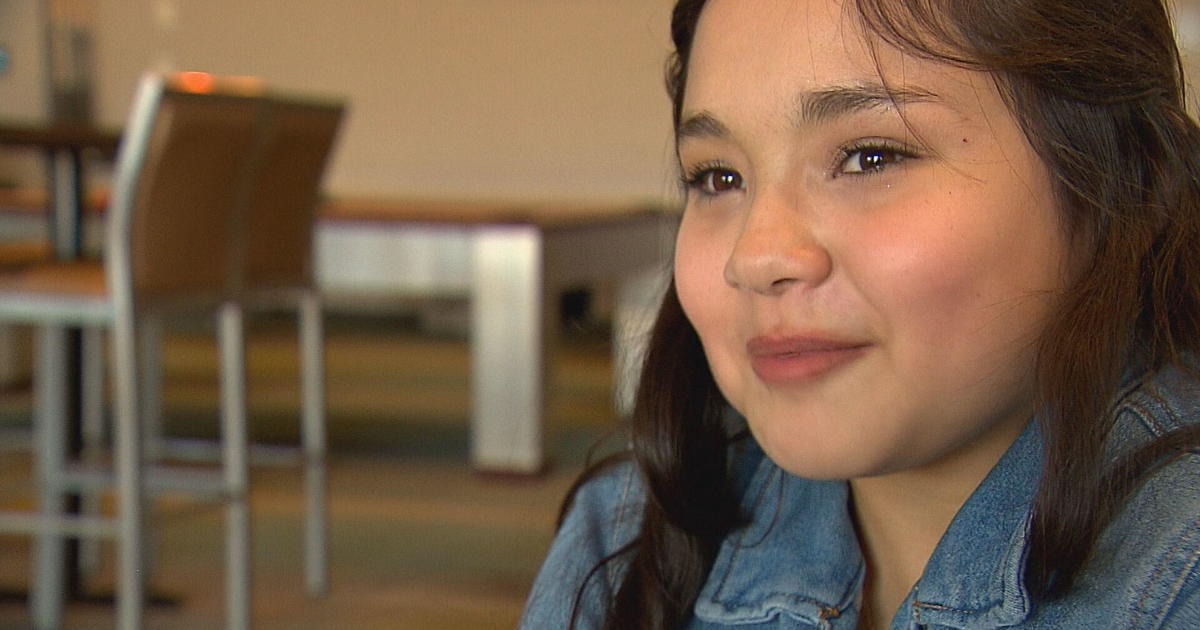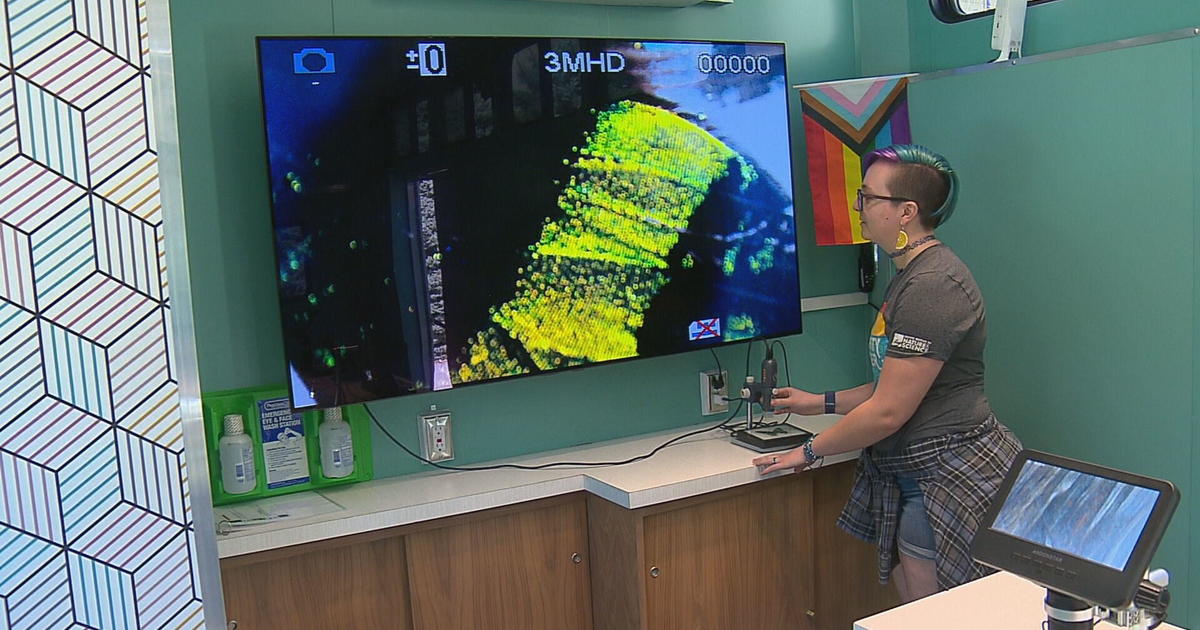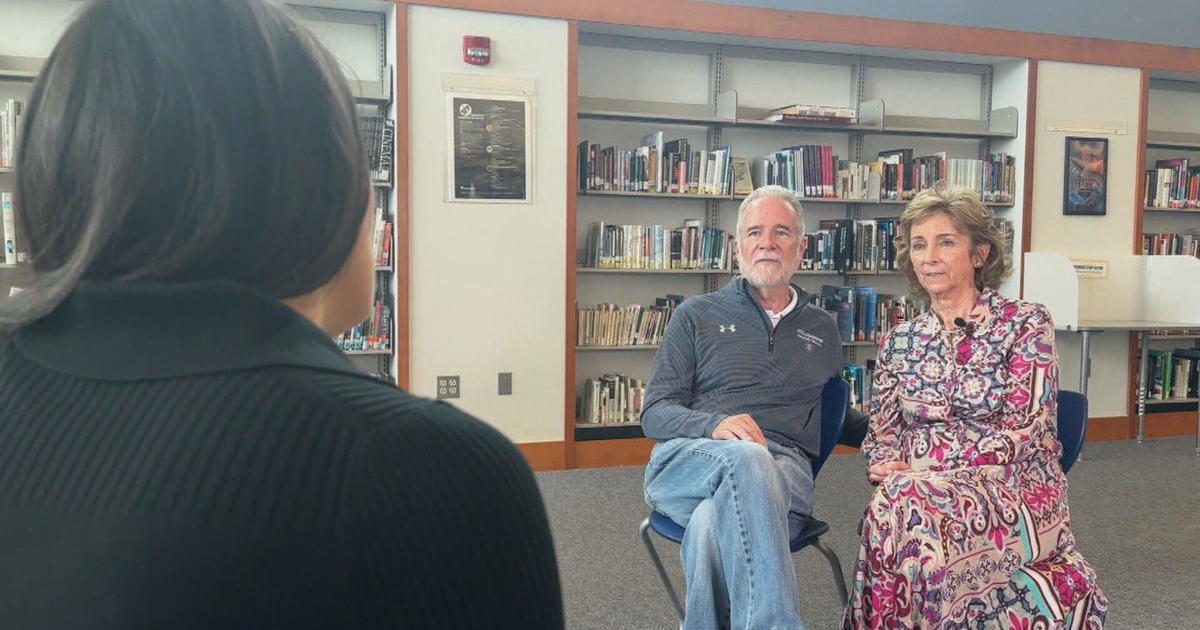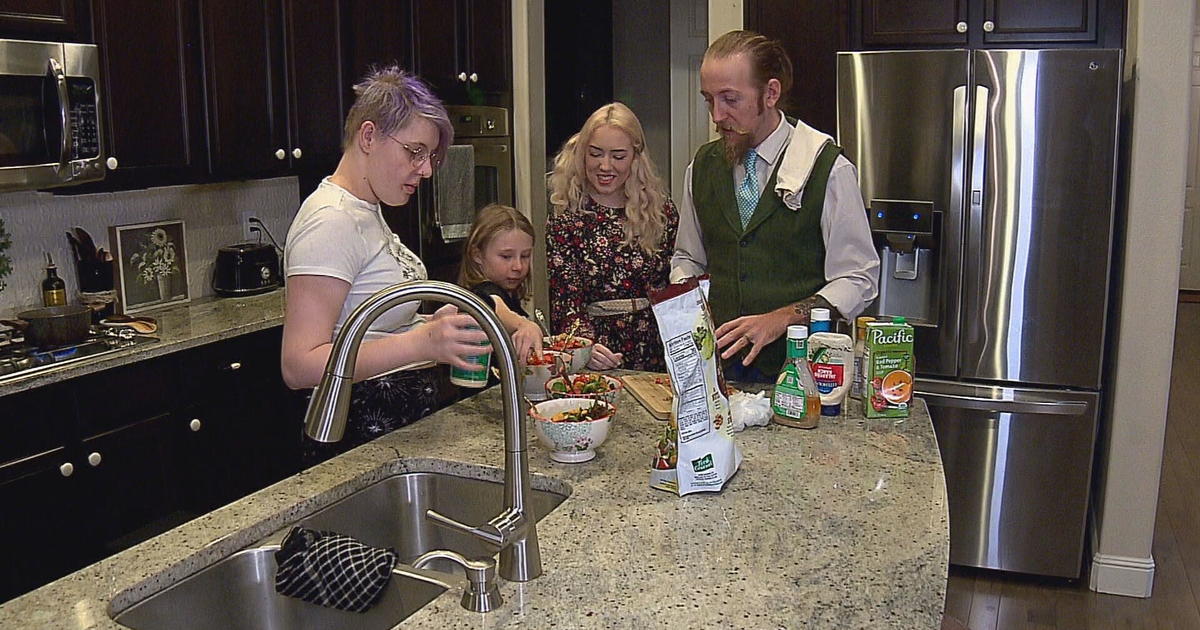Why You Should Kiss The Spoon Goodbye
When the doctor orders medication, it's easy to grab a kitchen teaspoon and just dose away. The problem is odds are we will get that dosage wrong.
A new study in the journal Pediatrics took a look at more than 10,000 phone calls made to poison control centers each year because well-meaning parents overdosed their kids on prescription and OTC drugs -- usually because they grabbed for the closest spoon in the neighborhood.
And that's usually the everyday, ordinary kitchen teaspoon.
Researchers say if you reach for the spoon that's better suited for cereal or ice cream, and you are twice as likely to mess up.
That's one reason why the trend is now towards getting rid of the instruction that says something like "one teaspoon every 6 hours," and replace it with instructions that say "5 milliliters every 6 hours. (One teaspoon equals 5 ml.)
It's thought that using milliliters will make it more likely that parents will use an official medicine spoon, cup or syringe.
Bottom line: medications for kids need to be given in accurate doses. Under-dose and they don't get better. Over-dose and they can be poisoned.
And since medications are based on a child's weight -- not age -- it's not unusual to have directions say give 6, 7 or 8 milliliters. None of us have that much of an eagle eye when it comes to getting that exact amount into a kitchen teaspoon.



